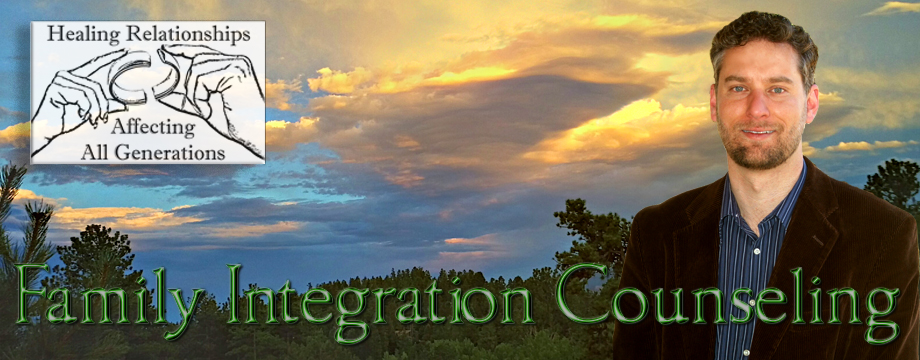Life brings many surprises however some supervises could have been the end of our life. This causes a unique type of problem known as trauma. We all experience minor, short term trauma throughout our lives. We are bothered by them but get over it, be more careful next time and move on. Long term trauma can impact every aspect of our life. As military awareness grows the general public is becoming increasingly aware of Post Traumatic Stress Disorder. This life long impact from trauma can affect daily functioning, relationships and satisfaction in life. Symptoms of PTSD include:
PTSD can cause many symptoms. These symptoms can be grouped into three categories:
1. Re-experiencing symptoms:
- Flashbacks—reliving the trauma over and over, including physical symptoms like a racing heart or sweating
- Bad dreams
- Frightening thoughts.
Re-experiencing symptoms may cause problems in a person’s everyday routine. They can start from the person’s own thoughts and feelings. Words, objects, or situations that are reminders of the event can also trigger re-experiencing.
2. Avoidance symptoms:
- Staying away from places, events, or objects that are reminders of the experience
- Feeling emotionally numb
- Feeling strong guilt, depression, or worry
- Losing interest in activities that were enjoyable in the past
- Having trouble remembering the dangerous event.
Things that remind a person of the traumatic event can trigger avoidance symptoms. These symptoms may cause a person to change his or her personal routine. For example, after a bad car accident, a person who usually drives may avoid driving or riding in a car.
3. Hyperarousal symptoms:
- Being easily startled
- Feeling tense or “on edge”
- Having difficulty sleeping, and/or having angry outbursts.
HOW CAN COUNSELING HELP?
Mental Health therapy focuses on recognizing the triggers, level of arrousal and behavioral reactions to the trauma. A cognitive behavioral approach is most often used by therapists. This helps a client learn to understand the role of trauma in their belief systems, thinking and behavior.
WHAT CAN I TRY ON MY OWN?
Body centered therapies such as EMDR (Eye Movement Desensitization and Reprocessing), Movement Therapies and Experiential Therapies all involve the body in the healing process. This can be done at home with hobbies such as exercises, dance or massages.
 Few medications have proven helpful for trauma. Many family medicine doctors are not comfortable with prescribing medications for trauma so a psychiatrist may need to be consulted. Most medications for trauma address accompanying thought disorders and depression rather than the trauma itself.
Few medications have proven helpful for trauma. Many family medicine doctors are not comfortable with prescribing medications for trauma so a psychiatrist may need to be consulted. Most medications for trauma address accompanying thought disorders and depression rather than the trauma itself.
 Alternative, body centered, healing techniques can be useful to some individuals. EFT (Emotional Freedom Technique) and acupuncture have been reported to have some success for many individuals. Trauma and PTSD are anxiety type disorders. Read the suggestions made in the entry above for Anxiety Disorders for additional suggestions of what to try. For most people with moderate to severe trauma therapy remains the best option for long term success.
Alternative, body centered, healing techniques can be useful to some individuals. EFT (Emotional Freedom Technique) and acupuncture have been reported to have some success for many individuals. Trauma and PTSD are anxiety type disorders. Read the suggestions made in the entry above for Anxiety Disorders for additional suggestions of what to try. For most people with moderate to severe trauma therapy remains the best option for long term success.


